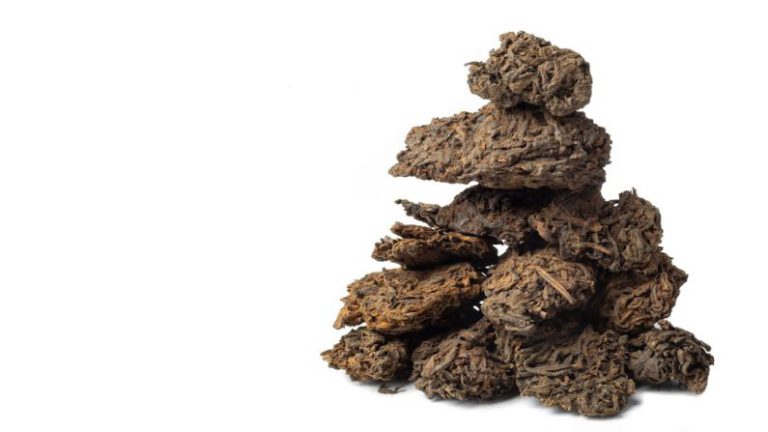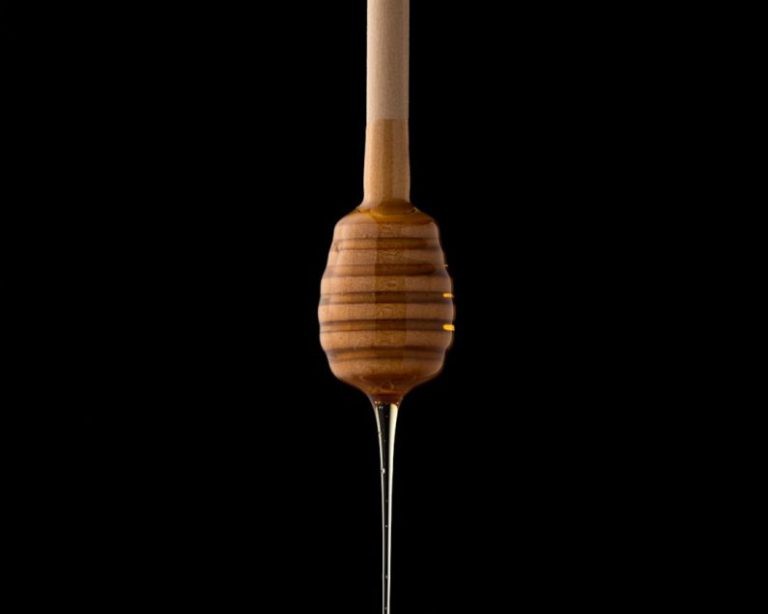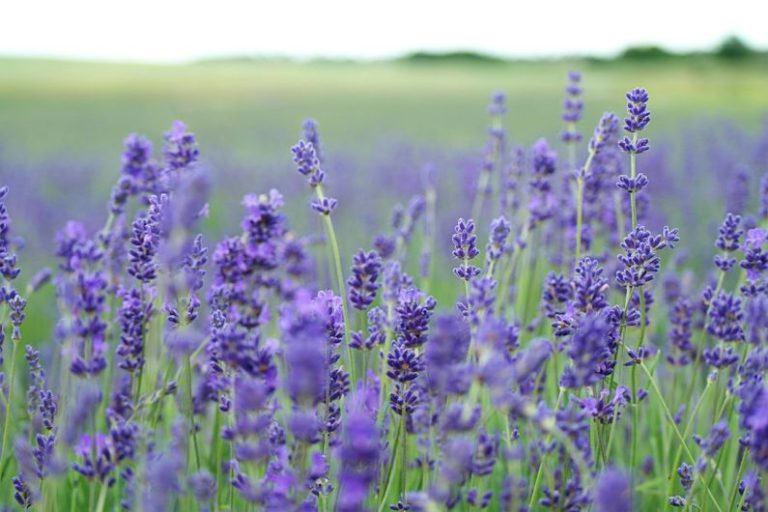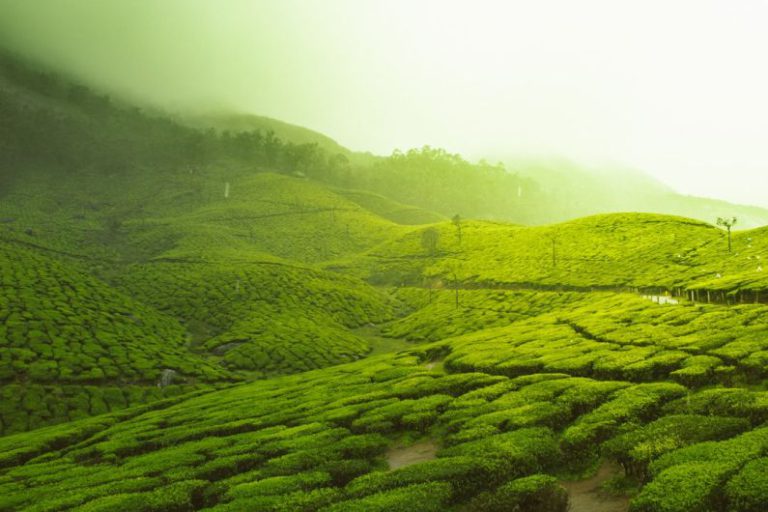Unveiling the Tea Types of Japan: a Comprehensive Guide
Japan is renowned for its rich tea culture, with a long history of cultivating and consuming various types of tea. From the delicate and nuanced flavors of green tea to the robust and earthy notes of roasted tea, Japanese teas offer a diverse range of tastes and aromas that cater to different preferences and occasions. In this comprehensive guide, we will explore the different types of tea that Japan has to offer, each with its own unique characteristics and brewing methods.
**Green Tea: The Heart of Japanese Tea Culture**
Green tea holds a special place in Japanese tea culture, with Japan being one of the largest producers and consumers of green tea in the world. The most popular type of green tea in Japan is **Sencha**, which is characterized by its vibrant green color and grassy flavor profile. Sencha is typically steamed and rolled, giving it a refreshing and slightly astringent taste that pairs well with a wide range of dishes.
Another popular green tea variety is **Matcha**, a powdered green tea that is traditionally used in Japanese tea ceremonies. Matcha is made from shade-grown tea leaves, which are ground into a fine powder, resulting in a bright green color and a rich, umami flavor. It is best enjoyed by whisking the powder with hot water until frothy, creating a smooth and velvety beverage that is both energizing and calming.
**Roasted Teas: A Taste of Tradition**
Roasted teas, known as **Hojicha** and **Genmaicha**, offer a different flavor profile compared to green teas, with a more mellow and toasty taste that is comforting and soothing. **Hojicha** is made by roasting green tea leaves at high temperatures, resulting in a reddish-brown color and a nutty, caramel-like flavor. Its low caffeine content makes it a popular choice for enjoying in the evening or after a meal.
**Genmaicha**, on the other hand, is a unique blend of green tea leaves and roasted brown rice, giving it a distinctive nutty aroma and a slightly sweet taste. The toasted rice adds a layer of complexity to the tea, making it a favorite among those looking for a more unconventional tea experience. **Genmaicha** is often enjoyed with meals or as a comforting drink on a chilly day.
**Herbal Teas: A Modern Twist**
While traditional Japanese teas have their own charm, modern tea drinkers in Japan are also embracing herbal teas for their health benefits and exotic flavors. **Yuzu Tea**, made from the zest of the aromatic yuzu fruit, is a popular choice during the winter months for its vitamin C content and soothing citrusy taste. **Shiso Tea**, brewed from the leaves of the perilla plant, is known for its refreshing minty flavor and digestive properties, making it a popular choice after meals.
**Exploring the World of Japanese Tea**
Japanese tea culture is a rich and diverse world waiting to be explored, with each type of tea offering its own unique taste and aroma. Whether you prefer the grassy notes of **Sencha**, the ceremonial elegance of **Matcha**, or the comforting warmth of **Hojicha** and **Genmaicha**, there is a Japanese tea for every palate and occasion. So why not embark on a tea-tasting journey and discover the wonders of Japanese tea for yourself?






